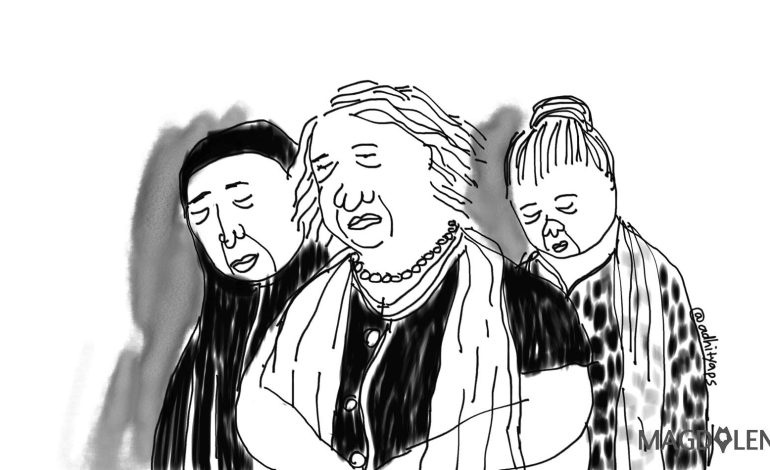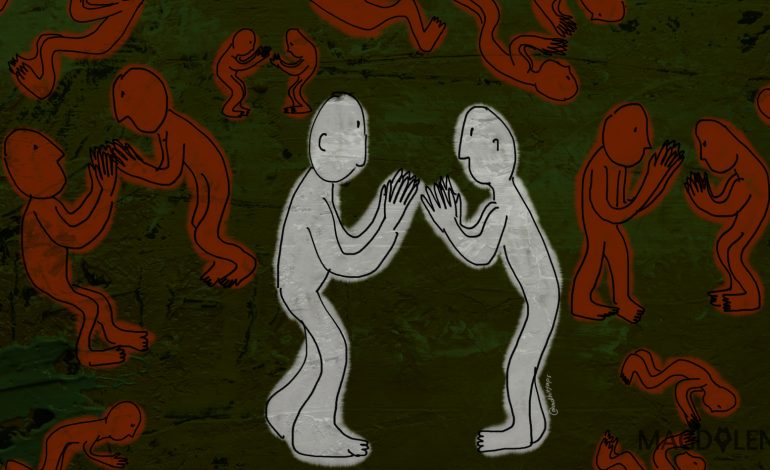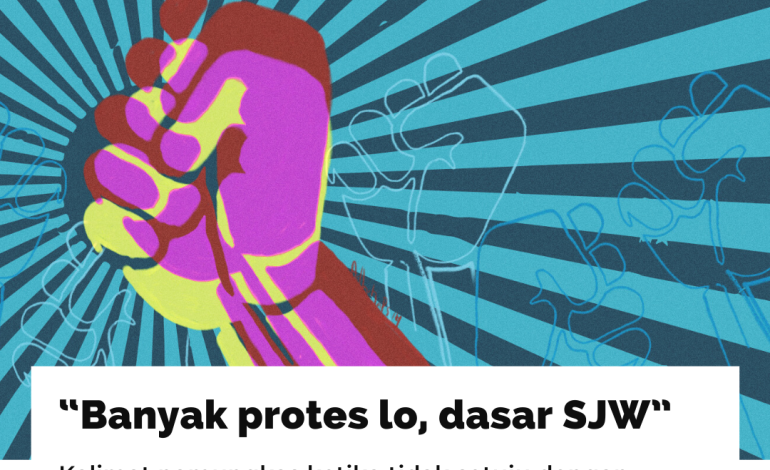Inheritance, The Power of Giving Alms, and Us

This year we experienced a fasting month and Idul Fitri that was like no other, due to the Covid-19 pandemic. But it has also been more appropriately modest, solemn and reflective, and relatively free of the usual Ramadan ritualism and freneticism of Idul Fitri. Consumerism was diminished, and social solidarity increased.
At the end of Eid there is an obligation to pay the religious tax zakat fitrah and zakat harta (wealth tax, for those who have it), and also sedekah (alms), which are sunnah (non-obligatory), but highly recommended.
Although not directly infected by the COVID-19 virus, many people have nevertheless become victims of the economic crisis caused by social distancing, large-scale social restrictions (PSBB), and lock-downs. This impact will be prolonged due to the economic recession that is likely to occur, and layoffs. The poverty rate, which had gone down to 9.7 percent two years ago in Indonesia, is projected to rise again this year to 12.37 percent, retreating back to the poverty rate in 2009.
About 30 years ago my now 88-year-old mother once told me about tension in her family because my grandmother tended to favor her youngest son with regards the inheritance which would upset my mother and her first younger brother. My mother’s story is consistent with many stories I have often heard about inheritance that is often a source of not just tension, but also conflict in the family. This was partly the reason behind my intention to use my inheritance for sedekah. It’s hot money!
As increasingly more people need it, the first Idul Fitri during the COVID-19 pandemic reminded me of my intention 30 years ago. But because I am now much older, and even have a grandchild, I want to get everyone involved. So I plan to name it the Suryakusuma Sedekah Fund (SSF), also to create a family culture of giving.
I want this sedekah fund to be amal jariah, a form of alms whereby the reward will flow continuously for those who engage in it, even after death. In addition to prayer, the spiritual “rewards” of this act of charity can also be “gifted” to parents in the afterlife. This is our belief in Islam. You could say this amal jariah as being a gift of an offspring’s remembrance, gratitude and eternal love for his or her parents.
The funds from the inheritance would become an endowment fund and the interest thereof given as alms. There are multiple benefits from this: first, providing assistance to those in need; second, as a form of prayer for our parents who are still alive or who have passed away; third, to strengthen family ties with activities that build social awareness and empathy with our less fortunate fellow human beings, and fourth, to invite rejeki (good fortune, wealth) for ourselves.
Yes, Muslims believe that giving alms opens the gates to our own wealth, not just material wealth, also non-material wealth, e.g. personal security, knowledge, happiness, life enjoyment, good social and family relations, and peace of mind.
When I conveyed this idea to my family, they welcomed it enthusiastically. What’s not to like about it? All stand to benefit, totally a win-win situation. I also asked the opinions of some friends whose Islamic credentials cannot be doubted, e.g. Kyai Hussein Muhammad, a feminist ulema, and Prof. Musdah Mulia and Dr. Neng Dara Affiah, both progressive female Muslim scholars. They all thought it was a wonderful idea, and Neng Dara was even inspired to imitate it. Her parents passed away a long time ago, and left behind a large inheritance. Neng Dara and her four younger siblings all lead comfortable lives, and have no need to rely on the inheritance from their parents.
But don’t think that this is only related to Muslims. In the West, there are many celebrities and super-rich entrepreneurs, who do not intend to pass on their wealth to their children.
Warren Buffet, for example, who has a wealth of US $ 85.5 billion, promised to donate 100 percent of his wealth to various charities. He will give his children a house, a car, and make sure that their basic needs are not lacking, that’s all.
Fashion designer, actress, author and socialite Gloria Vanderbilt was the (late) mother of the famous CNN news anchor Anderson Cooper. Gloria accumulated wealth from her design empire, but she had no intention of leaving a penny to Anderson. He had no problem with that, in fact he said, ““I don’t believe in inheriting money. I think it’s an initiative sucker… [and] … a curse.” Wow!
Andrew Lloyd Weber, the famous composer of long-running, award-winning musical dramas such as “The Phantom of the Opera”, “Cats”, and “Jesus Chris Superstar”, said he did not believe in the tradition of inheritance. “I am not in favor of children suddenly finding a lot of money coming their way because then they have no incentive to work.” Weber intends to use his assets to fund music projects in the future.
Nigella Lawson is a British writer of the “food porn” fame, television presenter and journalist. Her attitude to inheritance? “I am determined that my children should have no financial security. It ruins people not having to earn money.”
George Lucas, producer and famous director, and father of four children, made a commitment in a “Giving Pledge” letter. He plans to give US $ 4.5 billion from selling his “Star Wars” franchise to Disney to fund education, which he believes “is the key to the survival of the human race.”
Gina Rinehart is an Australian mining magnate who also does not intend to bequeath her wealth to her children, because she says, they “lack the requisite capacity or skill, knowledge, experience, judgment or responsible work ethic” to manage the business and inheritance. Wow, a pretty harsh but most likely accurate assessment! Suddenly receiving large amounts of money requires managerial and emotional readiness that her children may not necessarily have.
I don’t think one needs to be as rich as the people above, in order to approach inheritance with a sharing spirit. Naturally, each family can determine how to do it, depending on what they can afford and also what they feel comfortable with.
I agree with the rich people above, that inheritance is like money falling from the sky into our laps. We don’t work to get it, maybe some of us don’t even deserve it. So isn’t it better to give it to those who really do?






















